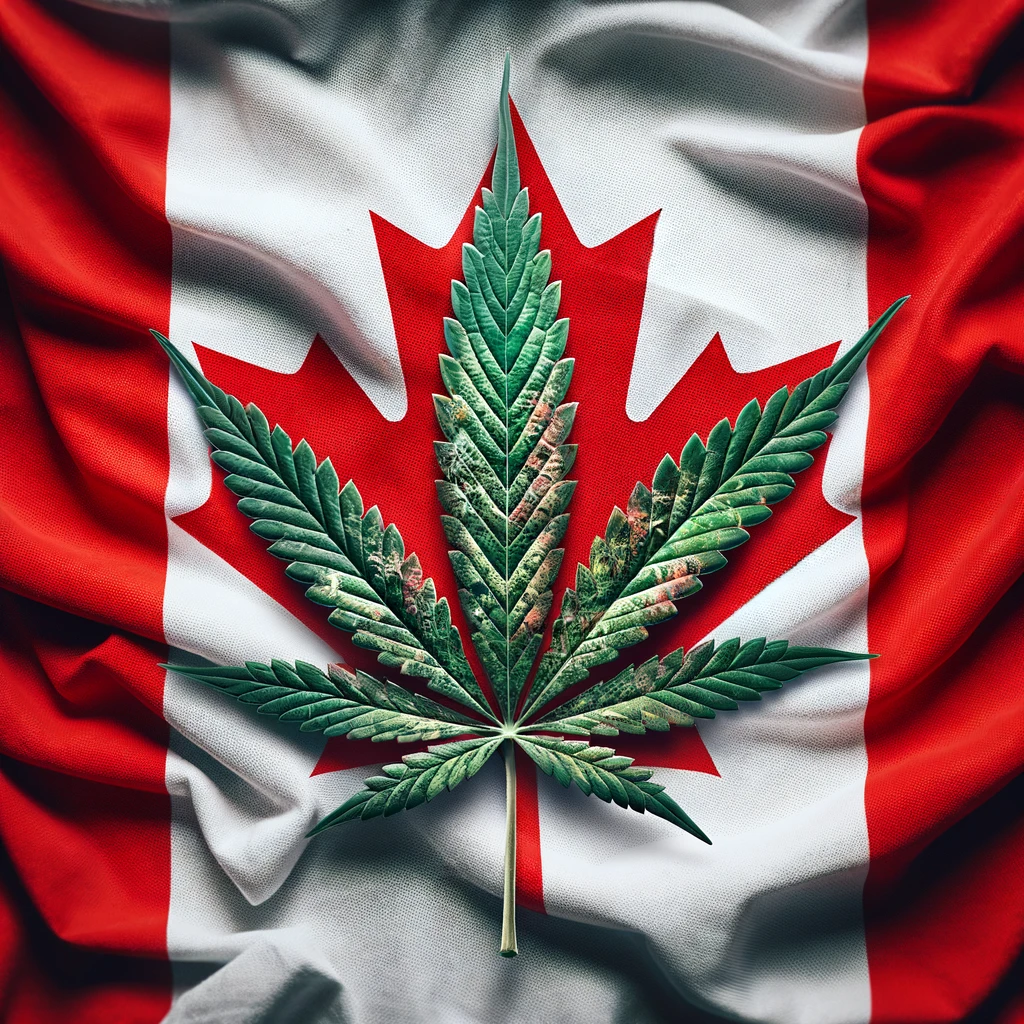The journey to cannabis legalization in Canada was marked by a comprehensive, deliberate process that involved significant research, public consultation, and legislative action. This approach was aimed at creating a regulated legal framework that would address the shortcomings of prohibition while ensuring public health and safety. Here’s a more detailed look at the key phases and considerations involved in this journey:
Pre-2015: Setting the Stage
Before legalization, Canada had a medical cannabis program in place, established in the early 2000s, allowing patients with prescriptions to access cannabis for medical purposes. However, the conversation around recreational use was largely dominated by debates over the potential risks and benefits. Public opinion was gradually shifting in favor of legalization, influenced by changing attitudes in other countries and the growing body of evidence suggesting that a regulated market could mitigate the harms associated with illegal cannabis use.
Task Force and Public Consultation
In 2015, the Liberal Party of Canada, led by Justin Trudeau, campaigned on a platform that included the legalization and regulation of cannabis. Following their election victory, the government moved quickly to fulfill this promise. In 2016, a task force was established to consult with Canadians, governments at all levels, Indigenous communities, patients, and experts in relevant fields such as healthcare, law enforcement, economics, and industry.
The task force released its report in December 2016, outlining over 80 recommendations covering production, sales, distribution, and consumption of cannabis. Key recommendations included setting a minimum age for purchase and consumption, establishing a retail framework, and allowing personal cultivation with limits on the number of plants.
Legislation and Implementation
Armed with the task force’s recommendations, the government introduced the Cannabis Act in April 2017. This piece of legislation was designed to legalize, strictly regulate, and restrict access to cannabis. The Act passed through the rigorous legislative process, including debates, committee reviews, and amendments in both the House of Commons and the Senate.
On October 17, 2018, the Cannabis Act came into effect, making Canada the second country in the world, after Uruguay, to legalize cannabis for recreational use nationwide. This historic decision was not the end but the beginning of a new phase in Canada’s approach to cannabis.
Provincial and Territorial Frameworks
A unique aspect of Canada’s approach to legalization was the flexibility given to provinces and territories to adapt the federal framework to their contexts. This meant they could set their own rules for cannabis sales, distribution, and consumption within certain federal parameters. As a result, a patchwork of regulatory frameworks emerged across the country, with variations in legal age, retail models (government-run or private retail stores), and home cultivation rules.
Ongoing Adjustments and Challenges
Since legalization, Canadian authorities have continued to monitor and adjust regulations in response to emerging challenges and trends. This includes addressing concerns about the illegal market, adjusting product offerings and packaging requirements to ensure public safety, and refining policies on cannabis-impaired driving.
The government has also worked to support research into the effects of legalization on public health, safety, and the economy, and to adapt its strategies accordingly. For example, the introduction of edibles, extracts, and topicals to the legal market in late 2019 required additional regulatory considerations to ensure these products are used safely and responsibly.
Going Forward
The journey to cannabis legalization in Canada represents a significant shift in drug policy, informed by extensive consultation, research, and a desire to address the harms of prohibition. While the process has not been without its challenges, it reflects a broader trend towards the reevaluation of cannabis laws and policies worldwide. Canada’s experience provides valuable lessons for other countries considering similar reforms, emphasizing the importance of a cautious, informed approach to legalization.
Tags: Resources
